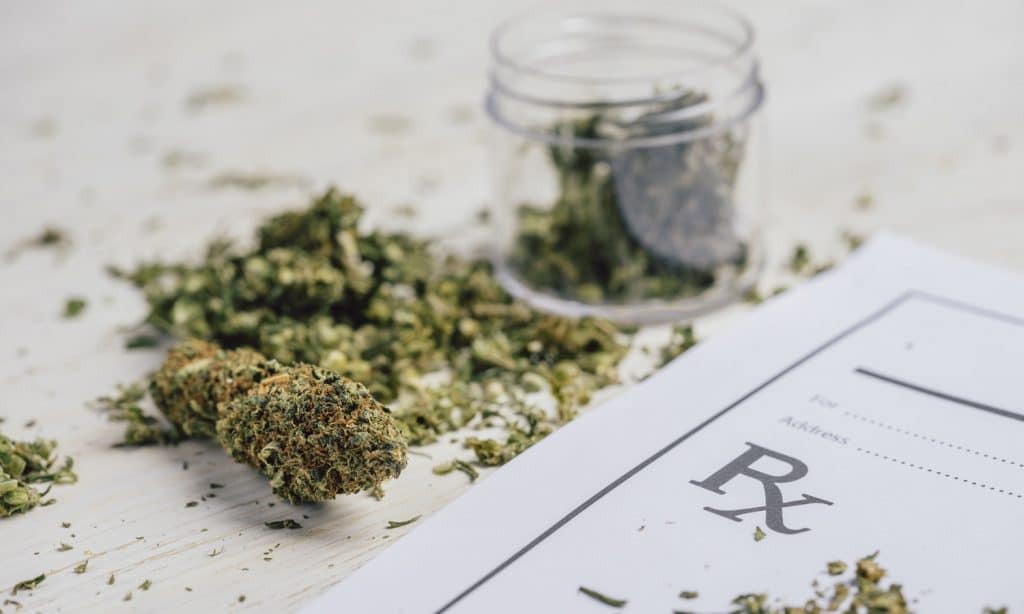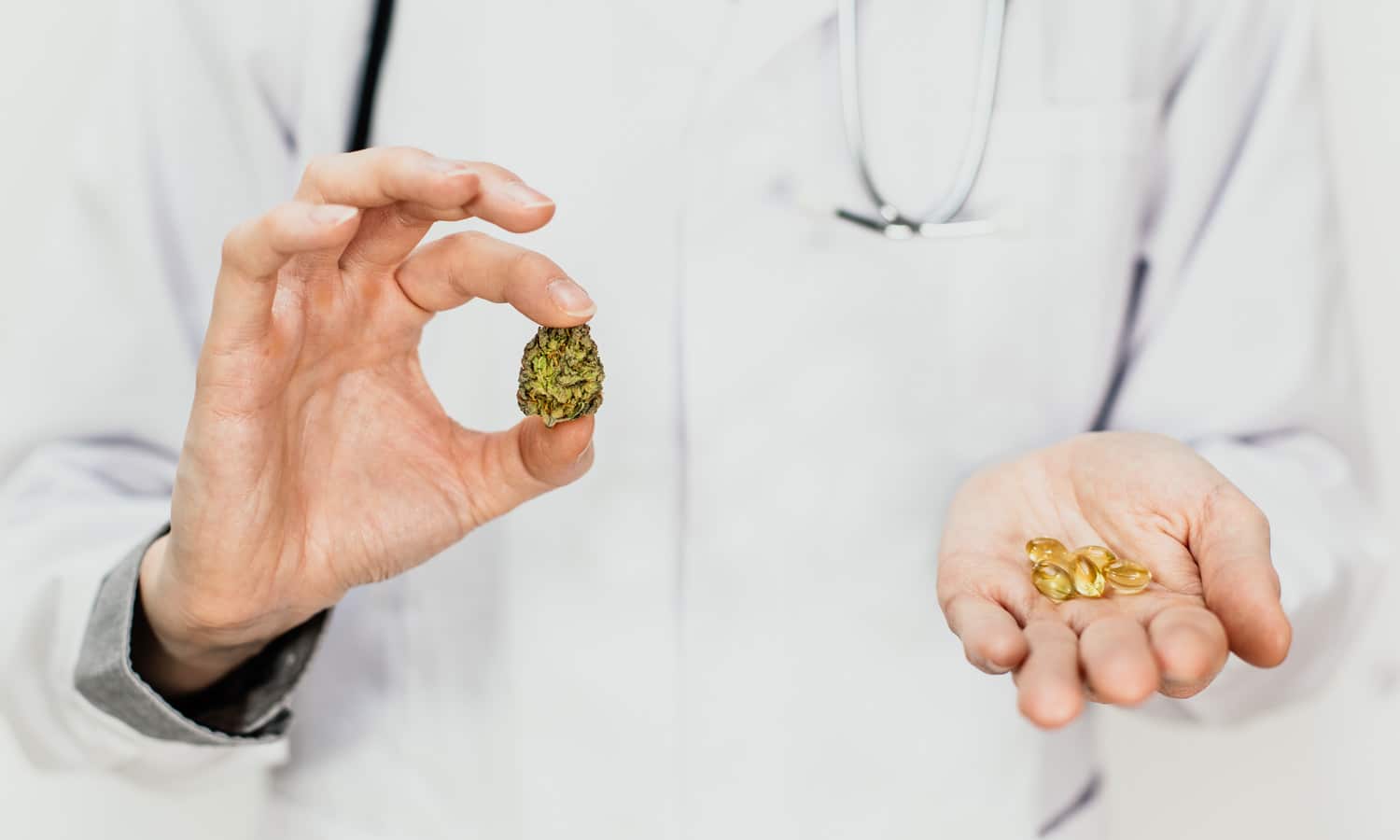Currently, marijuana remains a Schedule I drug at the federal level, and states are responsible for regulating both medicinal and recreational cannabis.
Editors Note: This is a guest post by Tiffani Wroe
Though the numbers increase every year, not all states have legalized recreational marijuana — most merely permit the medicinal use of marijuana to treat various physical and mental ailments. Yet, even in states where recreational weed is legal, plenty of residents pursue medical marijuana permits, despite the fact that they can obtain recreational weed without the hassle of doctors’ appointments and prescriptions.
There are noteworthy differences in medical marijuana and recreational marijuana — both in how the drug is sold and what varieties of the drug are available. If you live in a state where recreational marijuana has been legalized, you might still consider seeking a medical marijuana card. Here’s why.
How Medical And Recreational Marijuana Differ
Currently, marijuana remains a Schedule I drug at the federal level, and states are responsible for regulating both medicinal and recreational cannabis. Thus, the differences between medical marijuana and recreational marijuana will vary from place to place; some states have tight restrictions on who can obtain medical weed and how medical weed can be sold while other states have an exceedingly blurry line between the cannabis products everyone can acquire and those reserved for the medically ailing. it is important that you research and understand the marijuana laws in your area, so you can make fully informed decisions about your weed use.
Medical marijuana is intended for use treating diseases that are otherwise difficult to manage with other medications and therapies. Every state where medicinal weed is legal has a list of illnesses for which marijuana can be legally prescribed; they often contain baffling conditions like chronic pain and nausea, muscle spasms, Crohn’s disease, Parkinson’s disease, post-traumatic stress disorder, multiple sclerosis, and glaucoma —but again, you should investigate the qualifying diseases in your state.
Regardless of what medicinal weed is used to treat, it needs to have an effect on its users. Thus, medical marijuana tends to have much higher THC and CBD content to ensure that the drug is having an impact. Additionally, medical marijuana endures much more rigorous testing to ensure purity and potency. Sufferers of the worst diseases need to be able to trust that their treatment will help and not hurt, so medical-grade marijuana tends to be more tightly controlled.
RELATED: Will I Need to Keep Using Medical Marijuana Forever?
Recreational marijuana is intended only for recreational use — which is to say that it should be taken for fun and enjoyment, not any kind of treatment. While many states still regulate recreational weed to some degree, the testing is not nearly as meticulous as it is for medicinal marijuana. As a result, there tends to be much more variety of weed strains and products in recreational dispensaries, with a great diversity of THC and CBD levels. Often, recreational users cannot obtain the sky-high THC content strains as are available to medical users.

How Medical and Recreational Dispensaries Differ
It isn’t just weed products that differ — it is the dispensaries themselves. Though some states do allow for dispensaries to hold both recreational and medicinal sales licenses, most dispensaries are one or the other. As a result, medical marijuana users need to be careful to look for the right dispensaries, just as I always search specifically for a recreational dispensary near me.
You can think of medical marijuana dispensaries like pharmacies — because that is essentially what they are. The budtenders behind the counters at medical dispensaries are more highly trained to assist with delivering the right marijuana product to different kinds of marijuana patients. They are permitted to ask about conditions and symptoms, and they are allowed to maintain health records to better meet your medicinal needs in the future. However, to gain access to this high-quality service, you will need a recommendation from a healthcare professional or a medical marijuana license from your state.
RELATED: Getting Medical Marijuana Can Sometimes Be Tricky — Here’s How To Navigate
Meanwhile, recreational dispensaries are much less intensive. While you will need to provide evidence of your age — all states currently require recreational users to be 21 years or over — you will have much more freedom to choose weed products that interest you. You can ask budtenders at recreational dispensaries some questions about strain potency and effects, but in many places, they cannot legally answer questions related to medical use. Thus, if you have pain or anxiety you would like to mitigate with marijuana, you might be better off obtaining your medical card.
For many, marijuana is a miracle drug that pleasantly alleviates some of the worst symptoms of disease. However, even in states where recreational weed is legal, some users need to obtain medical permission to obtain the right products to treat their conditions. Instead of managing with what is available at your recreational dispensary, you might benefit greatly from strains reserved for medicinal use — which means you might just need a medical marijuana card in 2020.


